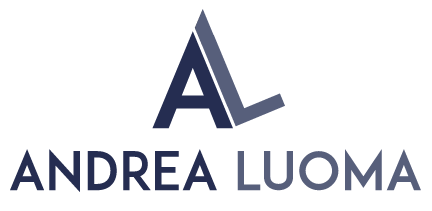The Stats - Turnover & its staggering costs:
•Employees with the highest level of commitment perform 20% better and are 87% less likely to want to leave the organization (Corporate Leadership Council, 2004).
•Companies that communicate most effectively are 50% more likely to report turnover levels below the industry average compared with only 33% for the least effective communicators (Watson Wyatt, 2003).
•18% of the variation in sickness and absence rates across the company was due to variations in communication practices (Brown, Duncan & MacDonald, 2003)
Conversational Intelligence©
Glaser: The Definition of Conversational Intelligence imbed the video here
Conversational Intelligence is both the innate or hardwired ability and the learnable ability humans possess that enables us to connect, navigate and grow with others — a necessity in building healthier and more resilient organizations in the face of change. Conversational Intelligence measures the level of trust you create with others – and the quality of interaction and conversations that result.
· Alhir, Si. (2015 August 9). What is Conversational Intelligence and why to do we need it? Salhir.WordPress.com. Retrieved from: salhir.wordpress.com
Words create worlds. The languages we speak profoundly shape the way we think, the way we see the world, the way we live our lives.
· Boroditsky, Lera (2009 June 11). How does out language shape the way we think? Edge.Org. Retrieved from: https://www.edge.org/conversation/lera_boroditsky-how-does-our-language-shape-the-way-we-think
When you hear the word stupid or failed, you have an emotional reaction to the situation and person. You tune out of the discussion or meeting and ruminate. On the outside, people think you are still there. Your body is present, and your face may show signs of listening, yet a big part of you has left the meeting. Behind the neuroscience of conversations is a model for seeing our brains not as one brain, but as five brains—each hard-wired to help us sort out and sort through our interactions with others.
· Glaser, Judith E. (2014 July 9). Your five brains: Harness their wisdom. (as published in Forward Metrics) Benchmark Communications Inc. Retrieved from: http://www.benchmarkcommunicationsinc.com/news-blogs/articles-blogs/789-your-five-brains-harness-their-wisdom
Why do negative comments and conversations stick with us so much longer than positive ones? Chemistry plays a big role in this phenomenon. When we face criticism, rejection or fear, or feel marginalized or minimized, our bodies produce higher levels of cortisol, a hormone that shuts down the thinking center of our brains and activates conflict aversion and protection behaviors. We become more reactive and sensitive.
Positive comments and conversations produce a chemical reaction too. They spur the production of oxytocin, a feel-good hormone that elevates our ability to communicate, collaborate and trust others by activating networks in our prefrontal cortex. Because of this “chemistry of conversations” it is critical for all of us to be more mindful about our interactions. Behaviors that increase cortisol levels reduce “Conversational Intelligence” (C-IQ) - a person’s ability to connect and think innovatively, empathetically, creatively and strategically with others. Behaviors that spark oxytocin, raise C-IQ.
· Glaser, J.E. (2014 June 12). The Neurochemistry of Positive Conversations. HBR. Retrieved from: https://hbr.org/2014/06/the-neurochemistry-of-positive-conversations
Contact Dr. Andrea, to learn how to increase the following into your organization:
Take a moment in reflection…
Most often it’s not that our team is unskilled, uneducated or lacks knowledge, it’s typically that we cannot get along! Yet, icebreaking or team building exercises haven’t seemed to work. Employees must learn how brain and body chemicals work for and against them, as well as when to trust those internal chemical and electrical impulses, and when and how to override them. Imagine if you could be freed up of the energy you expend intervening in relationship squabbles?

